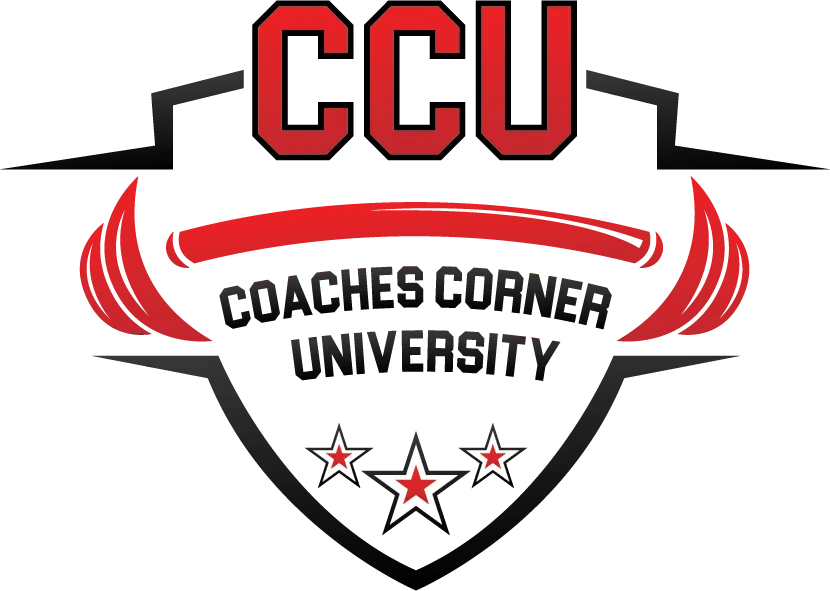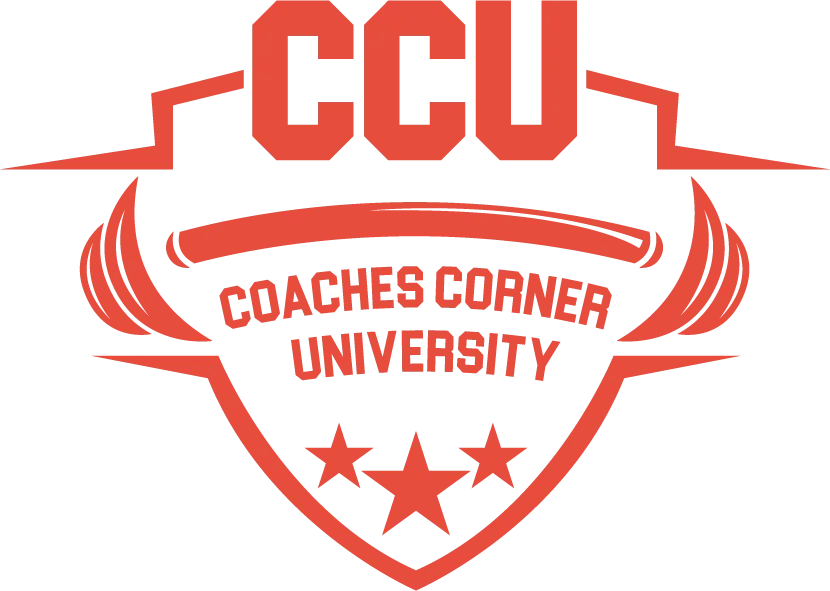Discover The Latest Blogs
Stay updated with Our Informative Blog Posts

Effort Optimization: The Volume vs. Accuracy Framework
Effort Optimization: The Volume vs. Accuracy Framework
The Accuracy Paradigm: Rethinking Productive Effort in Coaching
Recently, my mentor made a statement that fundamentally altered my perspective on business development: "Hard work is a psyop." This seemingly counterintuitive observation revealed a critical distinction between effort volume and effort precision—a concept that has profound implications for emerging coaches navigating the complexities of business growth.
The traditional narrative equates success with sheer work volume. More content, more outreach, longer hours—the assumption being that increased input automatically generates proportional output. My experience suggests otherwise. After months of generating daily content that spoke to no one and conducting extensive outreach with minimal conversion, I recognized the fundamental flaw in this approach: I was optimizing for activity rather than accuracy.
The paradigm shift occurred when I began tracking meaningful performance indicators rather than vanity metrics. Instead of measuring content volume, I analyzed engagement quality and conversion rates. Rather than counting outreach attempts, I examined response patterns and relationship development. This analytical approach revealed that my most productive periods involved significantly less activity but dramatically higher precision.
Consider the physiological parallel in training adaptation. Volume without appropriate targeting often leads to stagnation or regression. Similarly, business activities divorced from strategic intent rarely produce meaningful outcomes. The coaches I observe achieving sustainable growth demonstrate remarkable efficiency—they work fewer hours while generating superior results through targeted effort.
The psychological resistance to this approach is substantial. Reducing activity volume feels counterproductive, particularly when immediate results aren't apparent. During strategic planning sessions, I often experience what I call "execution anxiety"—the compulsive need to produce tangible output rather than engage in reflective analysis. This resistance stems from our fundamental misunderstanding of where value creation occurs.
My competitive shooting practice provides an illuminating case study in the relationship between disconnection and performance enhancement. Initially, I viewed this time as unproductive—hours removed from business development activities. However, I consistently return from the range with clarity on challenges that had been frustrating me for weeks. The mental space created through complete disconnection allows for pattern recognition and strategic insight that simply cannot emerge during constant execution mode.
This phenomenon aligns with what cognitive research demonstrates about the brain's default mode network. When we step away from focused problem-solving, our minds continue processing information at a subconscious level, often producing breakthrough insights during periods of apparent inactivity.
For coaches in the early stages of business development, the implications are significant. Rather than increasing work volume when progress stagnates, consider examining work accuracy. Are your marketing messages addressing specific problems for defined audiences? Do your outreach efforts demonstrate a genuine understanding of prospect challenges? Are you measuring activities that correlate with actual business outcomes?
The most successful coaches I know spend considerable time in what appears to be "non-productive" strategic thinking and personal recharge activities. They understand that sustainable performance requires both precision in effort and intentional recovery. Their businesses grow not from constant activity, but from accurate work executed with a clear mind.
The counterintuitive truth is that doing less—but with greater precision and from a state of mental clarity—often produces exponentially better results than grinding through volume-based approaches.
If you need help with assessing your accuracy, I can help - just reply to this email with your challenges and I’ll give you some immediate help!
Keep Raising the Bar,
Paul Oneid MS, MS, CSCS

Coaches Corner PhD




